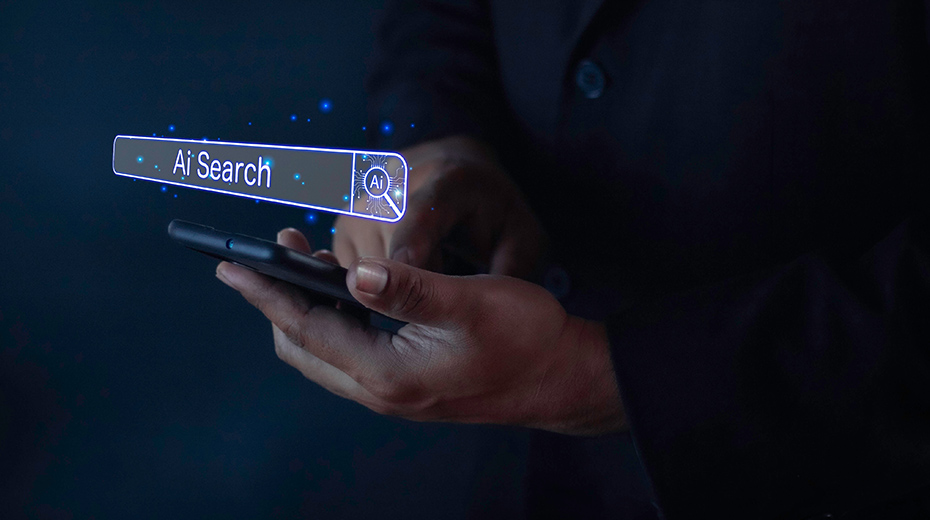Get Ready: This Is What Generative AI Search Looks Like

Share this story
ChatGPT, the large language model developed by OpenAI, opened the eyes and imaginations of the public to the potential of artificial intelligence (AI). With Microsoft investing in a partnership with OpenAI to integrate the technology into Bing, its search engine, as well as the product family formerly known as Microsoft Office (now Microsoft 365), Google has been feeling the pressure to defend its throne atop the search market.
Now we know what Google’s vision for AI-assisted search looks like, and it will have huge implications for your content and SEO strategy.
On May 10, Google hosted its Google I/O 2023 conference. Unsurprisingly, AI was the star of the show, and various Google execs took turns showing how the technology will be integrated into the company’s products.
Future of Generative AI
Cathy Edwards, VP and general manager of search at Google, showed the audience how AI will shape the future of Google Search. The new search experience, which is still in beta, includes a generative AI module at the top of the search page. There, you get a response generated from Google’s own large language model, along with additional links and relevant media for you to learn more.
But, crucially, that’s not where the experience ends. At the bottom of the generative AI module, you can ask a follow-up question. This allows users to ask for more specific information as they narrow in on what they’re looking for. It also means that users can pivot to new related questions as they occur to them. Ultimately, these AI capabilities are setting the stage for users to have a conversation with the search engine.
It’s easy to see how that will make for a more engaging experience for users. But what does it mean for all the publishers and organizations that have links below the generative AI module? I believe that they’ll be less likely to get attention from users, who will be too busy interacting with the AI tool at the top of the page to bother scrolling any farther down.
The Future of Content Marketing
Is it alive? No, but Google and Microsoft are hoping that it will feel that way to users.
This development will have enormous ramifications for brands going forward. Marketers will need to adapt their content strategies for an AI-assisted world in which search engines like Google and Bing are beginning to look more like competitors than channels.
To follow the trends, be sure to subscribe to our Mx monthly digest at the very bottom of this page.
Want to get your business on track for an AI powered future?
Let's Connect



